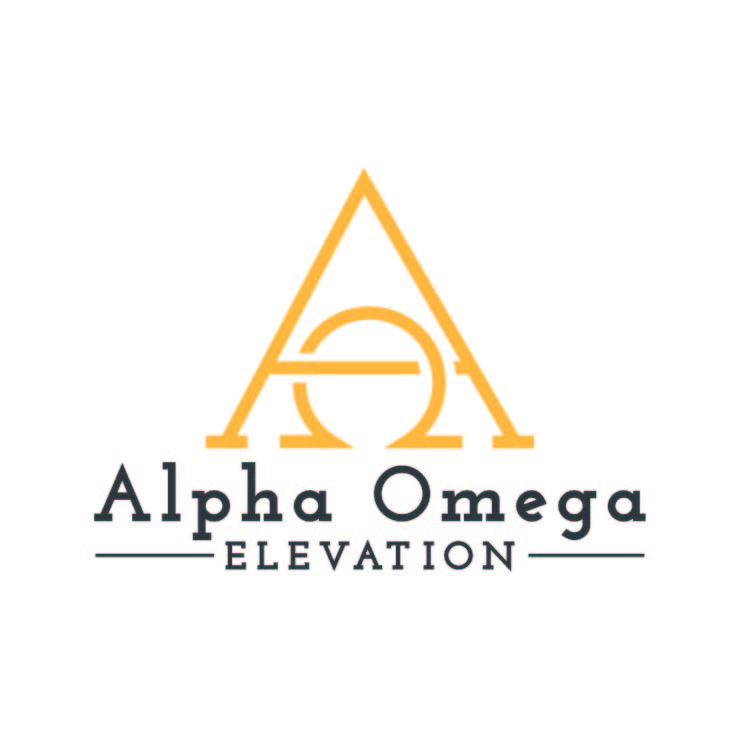Opiate Addiction and Suboxone
Heroin addiction, and other opiate based drug addictions, can be one of the toughest addictions to overcome. Opiate addiction is a chronic relapsing medical condition that requires long term treatment and widespread support from friends and family. Because opiate addiction is a medical condition, many addicts don’t realize they need help until it’s too late. If you, or a loved one, is addicted to powerful opiates like heroin or oxycontin, there are many effective treatments available that can help get you back on the road to recovery.
One of these treatments is a prescription medication called Suboxone. Suboxone is a prescription medication that helps to ease withdrawal symptoms associated with an opiate addiction, as well as detoxify the body of any existing opiates. Suboxone treatment is usually administered in an outpatient setting and is often the preferred method of treatment compared to methadone clinics. Suboxone is usually part of a larger treatment program that usually includes drug counseling, behavioral therapy and group sessions.
Drug Counseling
 Drug counseling for serious drug addictions to heroin and oxycontin is generally done by a licensed drug counselor or therapist. Drug counseling is usually centered around the concept that opiate addicts can achieve a life of recovery based on intensive counseling, discussion, and therapy. While drug counseling is most effective when combined with other treatment methods like 12 step meetings, group therapy sessions, and inpatient care, drug counseling can often be the spark that leads addicts towards the additional treatment they need to recover.
Drug counseling for serious drug addictions to heroin and oxycontin is generally done by a licensed drug counselor or therapist. Drug counseling is usually centered around the concept that opiate addicts can achieve a life of recovery based on intensive counseling, discussion, and therapy. While drug counseling is most effective when combined with other treatment methods like 12 step meetings, group therapy sessions, and inpatient care, drug counseling can often be the spark that leads addicts towards the additional treatment they need to recover.
Behavioral Therapy
There are many effective behavioral therapy treatments available for opiate addiction, including residential programs and behavioral treatments like contingency management therapy and cognitive behavioral therapy. Residential behavioral treatment provides 24/7 care and the support of a structured environment free from distractions and temptations. Contingency management and cognitive behavioral therapy are designed to help modify the patients thinking and behavioral processes to increase their skills in coping with stress without turning to drugs.
Group Therapy Sessions
Group therapy sessions can be very powerful and effective treatment method. Group dynamics offer a powerful perspective on heroin addiction from like-minded people in similar situations. This synergy allows a holistic approach to drug addiction, and helps address relapsing triggers while addressing relapse prevention techniques in a group setting. Group therapy also helps addicts to rebuild supportive, positive bonds with people that isn’t based on drugs, and gives them the opportunity to give back as much as they receive.





